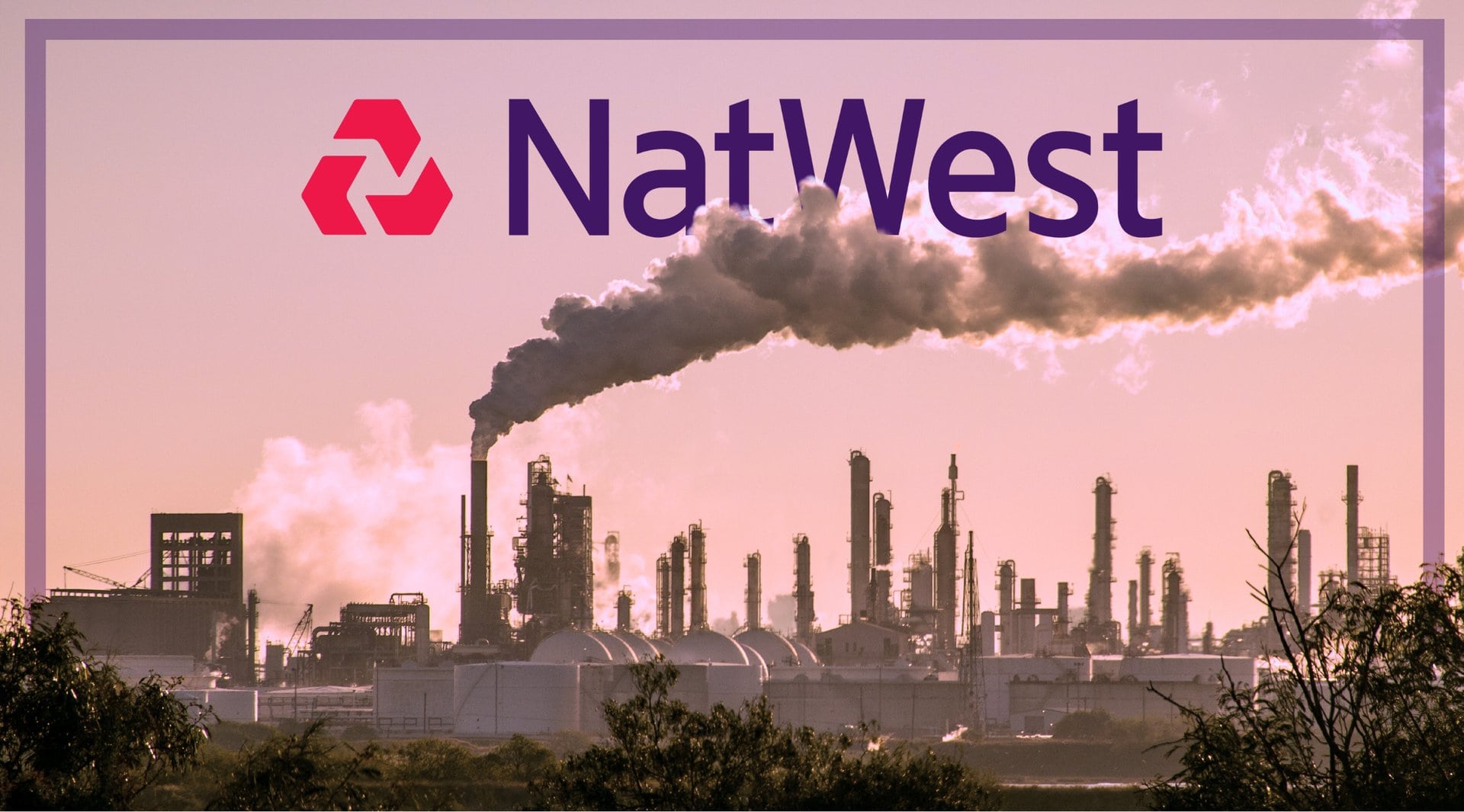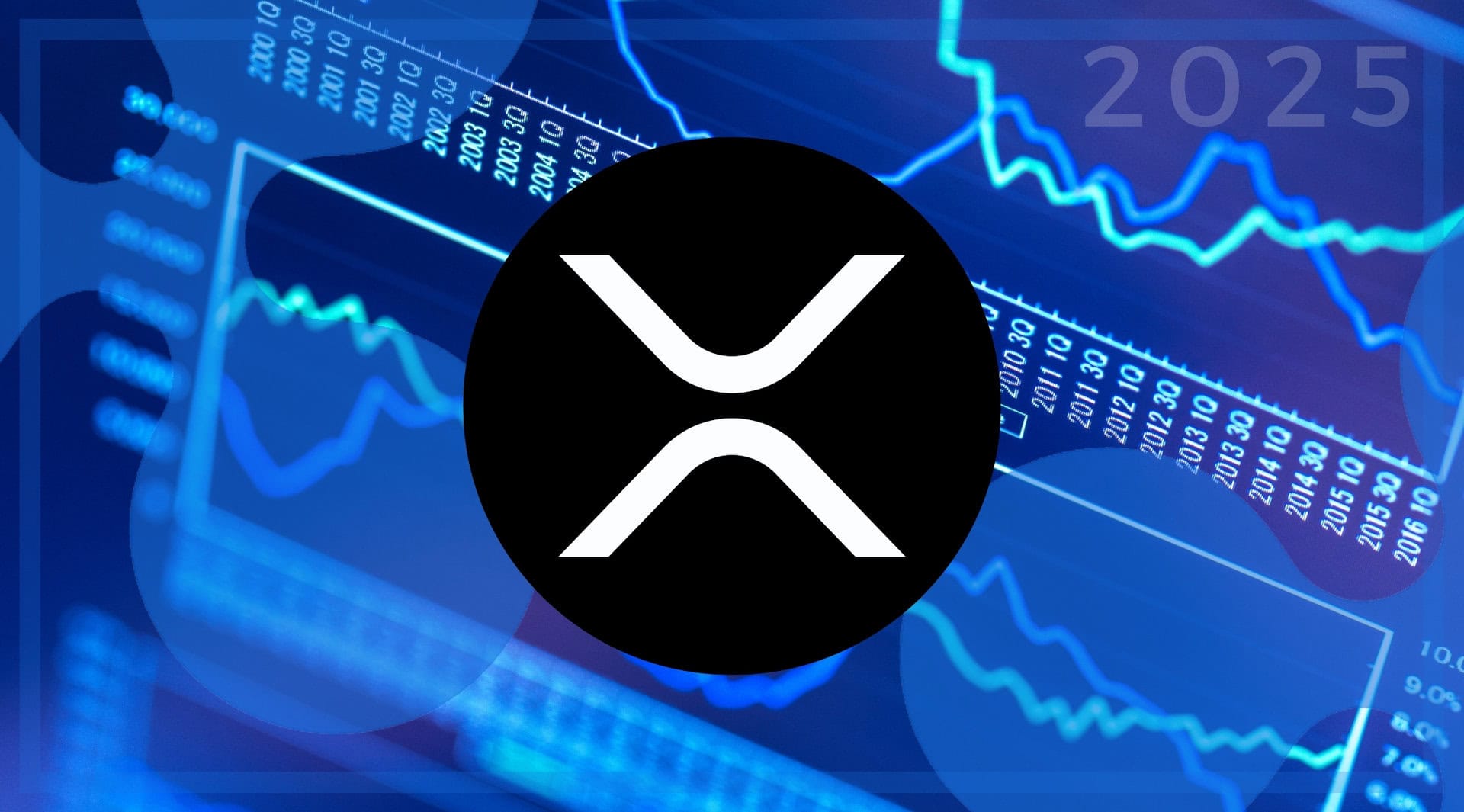In the latest chapter of the ongoing clash between state governments and financial institutions, Texas has taken an audacious step by adding NatWest, one of the UK’s leading banks, to its “energy boycott list.” This decision, made public on August 14 by Texas Comptroller Glenn Hegar, stems from NatWest’s recent policies that restrict financing to certain energy companies — a policy that Texas views as a direct affront to its economic interests.
By restricting business with NatWest, Texas is pushing back against what it perceives as an overreach by financial institutions that are tightening the screws on fossil fuel investments.
As the second largest state in the US, both in terms of size and economic output, and the largest producer of oil and natural gas in the United States —generating over $26.3 billion in state and local tax revenue and royalties from the oil and natural gas industry last year alone — Texas plays a major role in the nation’s energy sector, contributing over 43% of the country’s crude oil production. With NatWest now facing potential restrictions on doing business with state agencies, the stakes couldn’t be higher.
NatWest has said that, by 2026, it “will not renew, refinance or extend existing reserve-based lending used specifically for the purpose of financing oil and gas exploration, extraction and production”.
— Mark McQueen (@markrmcqueen) August 28, 2024
The lender’s website said that the sustainability policy was part of its…
This clash of priorities between a state known for its deep ties to the energy industry — with many energy giants, such as Exxon Mobil, Coterra Energy, Marathon Petroleum, Vital Energy, and XTO Energy calling Texas home — and a bank driven by environmental and social governance (ESG) policies could set a precedent that reshapes the future of energy financing as well as the global banking industry as a whole in the US and beyond.
Texas’ Energy Policies and NatWest
The friction between Texas and NatWest began when the bank implemented restrictions on financing energy companies. These restrictions align with a wider trend among global banks aiming to cut down on their exposure to fossil fuels in favor of greener alternatives in accordance with ESG criteria. However, for a state like Texas, where the energy sector is a cornerstone of the economy, such restrictions are viewed as a direct threat to its financial stability, interest, and growth.
A spokesperson for Texas Comptroller Glenn Hegar told the media that NatWest stated in its policy that it will “not renew, refinance or extend existing reserve-based lending specifically to finance oil and gas exploration, extraction, and production” come 2026.
Thus, in response, Texas added NatWest to its boycott list, something that restricts the bank’s ability to do business with state agencies.
“This action is necessary to protect the energy economy in Texas. We cannot allow banks to wield unchecked power over an industry that is crucial to our state’s prosperity,” the statement via email to an industry source added.
While this decision mirrors a similar situation involving Barclays, another British bank, which planned to withdraw from Israeli bond auctions, both instances pinpoint the growing tension between state policies and the global banking industry’s shift towards sustainable practices. This, at the same time, raises the question about the role of banks in supporting — or refusing to support — certain industries.
Texas has long been known for its pro-energy stance, often clashing with environmental groups and, increasingly, with financial institutions. The state has previously targeted other financial institutions with similar policies, putting UBS, BlackRock, Société Générale, HSBC Plc, and others on its divestment statute list titled “financial companies that boycott energy companies,” with its latest NatWest addition, bringing the figure to 16 financial institutions so far.
Texas was the first state to ban BlackRock from doing business with our state.
— Greg Abbott (@GregAbbott_TX) December 1, 2022
I signed a law in 2021 to ban financial companies that have ESG policies that discriminate against the oil & gas sector.
That includes BlackRock and several other financial companies. https://t.co/AkXMYfAShh
In 2021, Texas passed Senate Bill 13, which prohibits state agencies from contracting with or investing in companies that boycott energy companies. This law aims to protect the state’s economy, which heavily relies on the energy sector.
As other states and even countries observe Texas’ actions, there is a great chance for a domino effect. If similar policies are adopted elsewhere, banks might have to reconsider their approach to energy financing. On the other hand, banks could double down on their commitment to sustainable practices, even if it means losing business in certain regions.
NatWest has, however, maintained that its policies are in line with global trends towards sustainability.
A spokesperson for NatWest stated, “We are committed to supporting the transition to a low-carbon economy while also ensuring we meet the needs of our clients and stakeholders.”
Implications for the Energy Sector
The energy sector is in for a wild ride, in which case, NatWest’s addition to the boycott list might just be the beginning. For companies that depend on financial backing from banks, the restrictions imposed by NatWest could create big-time challenges. With one less financial institution willing to support fossil fuel projects, energy companies might find it harder to secure funding. This could lead to delays or cancellations of new projects, possibly impacting the overall energy supply.
“The energy sector is like a well-oiled machine, but without financial lubrication, it could grind to a halt,” remarked an industry analyst.
According to a report by the International Energy Agency (IEA), global energy demand is expected to increase by 3.4% annually through 2026, driven by economic recovery and population growth. This means that any disruption in energy financing could exacerbate this issue. For instance, the delay in funding could lead to higher energy prices, affecting consumers and businesses alike. Overall, with the energy sector being a major contributor to Texas’ economy, any negative impact on this sector could affect the state’s overall economic growth and job market.
Moreover, this decision could push other banks to reconsider their policies on energy financing. If more banks follow NatWest’s lead, the energy sector could face a financial squeeze.
For NatWest, being added to Texas’ boycott list could have dire repercussions. The bank might face economic losses, particularly if other states follow Texas’ lead. According to a financial report by NatWest, the bank had a revenue of £14.3 billion in 2023. Losing business with Texas state agencies could result in a huge financial hit. Additionally, the move could damage NatWest’s reputation, especially among clients and investors who are supportive of the energy sector.
The situation with Barclays and the Israeli bond auctions, as earlier mentioned, is a similar shakedown and deterrent. Barclays faced backlash for its planned withdrawal, and although the circumstances differ, the bedrock issue remains the same: the balance between ethical financing and business interests.
Texas bans Barclays from local govt debt business over ESG concerns
— Tracy Shuchart (𝒞𝒽𝒾 ) (@chigrl) January 28, 2024
Texas Attorney General Ken Paxton on Friday said Barclays bank would not be permitted to underwrite municipal bonds after failing to respond to questions from state authorities about its pledges to cut…
Banks like NatWest are walking a tightrope, trying to reconcile their commitment to sustainable practices with the realities of doing business in energy-rich regions like Texas. And the obvious truth remains that, there’s no easy way out. It’s a tight spot, a textbook example of being caught between a rock and a hard place — lose business in Texas or face backlash from environmentally-conscious investors and clients. Other banks, in light of this current development, might face pressure to clarify their stance on energy financing. The broader banking industry could see increased scrutiny and potential regulatory changes.
Texas Means Business But At What Cost?
The long-term effects of Texas’ decision could be profound. If more states, for instance, decide to follow Texas’ lead — besides Kentucky, West Virginia, Oklahoma, and others, which have floated divestment lists since 2022 — we could see an economically unhealthy fragmentation in the financial industry where banks are forced to choose sides.
This could lead to a situation where banks either double down on their ESG commitments or back away from them to avoid losing business in key markets.
Then, there’s also the question of whether other banks might find themselves on similar boycott lists. Barclays, for instance, was reportedly planning to withdraw from Israeli bond auctions, a move that could have put it in a similar position. The precedent set by Texas could lead to a new era of state-level activism of sorts against banks based on their ESG policies.
Contrary @BlackRock ‘s claim, the problem is not that it boycotts oil companies. The problem is that it invests in them – then votes their shares & “stewards” them to support a net-zero/anti- fossil fuels agenda. So TX had every right to & should continue to divest from BLK. https://t.co/9RuVCi5AUs
— Andy Puzder (@AndyPuzder) March 21, 2024
Texas’ decision to add NatWest to its energy boycott list is no less a political maneuver as it’s a sign of the growing tension between state policies and global banking practices. The implications for both the energy sector and the banking industry are profound, with potential long-term effects that could change the face of energy financing in no small way.
As the world shifts towards greener alternatives, banks like NatWest must maneuver the fragile balance between ethical practices and business interests.
Author: Richardson Chinonyerem
#Texas #Natwest #Banking #Energy #US















